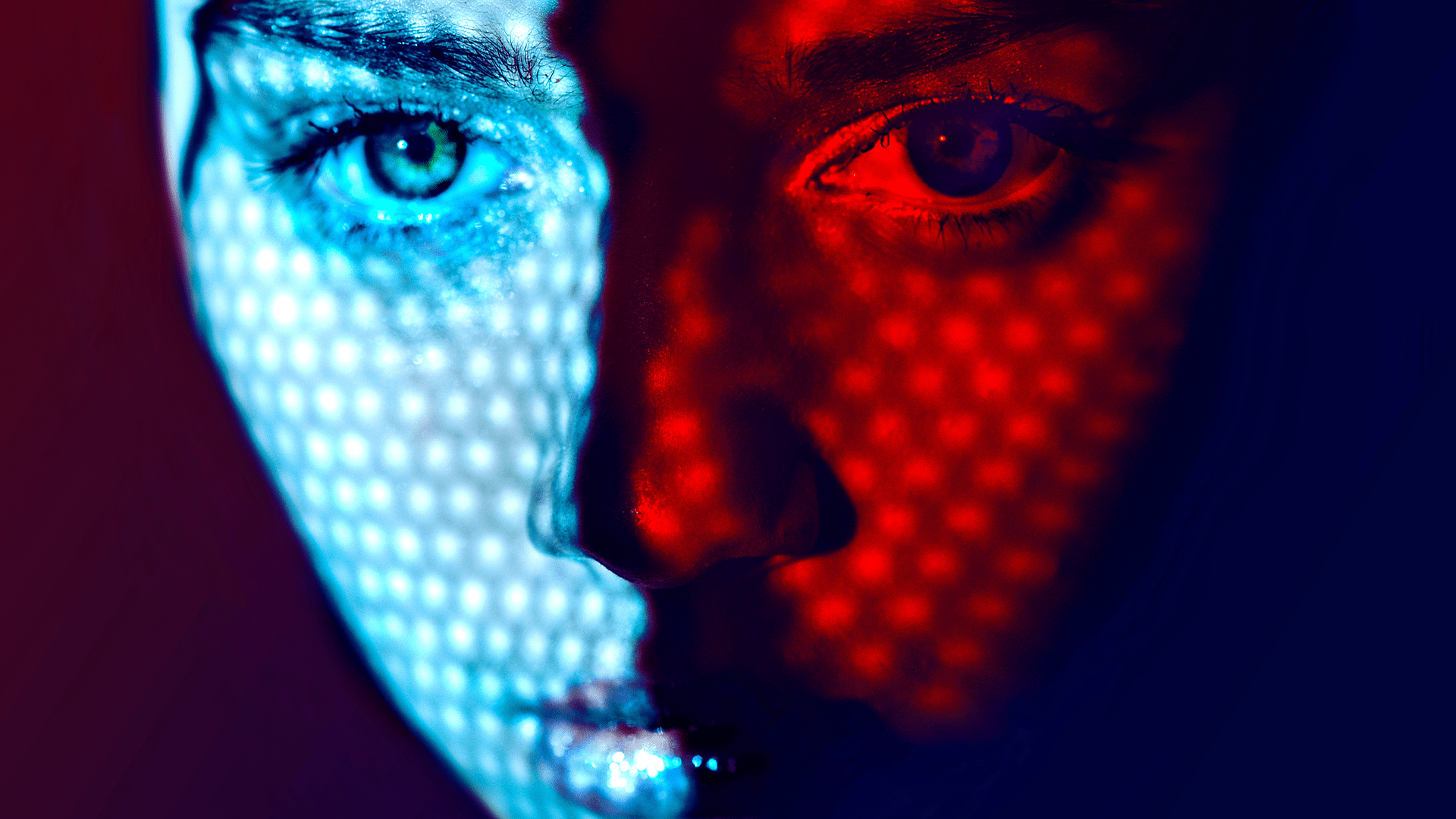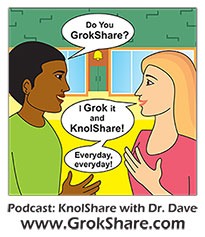E110: The Future of Coaching: AI-Powered Companions
E110: The Future of Coaching: AI-Powered Companions

Artificial intelligence (AI) is making a big buzz in the media. It is being adopted across many industries, including healthcare, finance, e-commerce and retail, manufacturing, transportation and logistics, education, and agriculture. Generative AI is artificial intelligence that can create new content, such as text, images, audio, and even video. It's based on machine learning models trained on large datasets, allowing them to learn patterns, styles, and structures. This method of interrogating data is also called large language models (LLM), which power AI chatbots.
The OpenAI ChatGPT app took approximately two months to reach 100 million users. The spread of AI apps to consumers has been rapid, and the effect on our daily lives is currently unknown. This new technology brings new hopes and fears for transforming the next wave of technology products and services to meet our needs. Now that this new technology is being adopted across various industries, what are the options for use in professional coaching to help humans progress when they are stuck?
Professional Coaches and Client Concerns about AI Coaching
What would be the implications of using an AI app for professional coaching? Looking at the professional coaching industry, can AI serve as a helper or companion for coaches and clients? The International Coaching Federation (ICF) stated, “The relationship developed between a coach and client is a partnership and is held closely as sacred and private.” Coaches and clients are skeptical about using AI coaching chatbots as a tool in the coaching relationship and partnership.
Some things that might make coaches skeptical about AI coaching include:
- The fear that AI will replace human coaches.
- The concern is that AI systems cannot provide the same level of empathy and understanding as human coaches.
- The worry is that AI systems will need help to adapt to each client's unique needs.
Some things that might make clients skeptical about AI coaching include the following:
- The fear that AI will not be able to understand their problems.
- The concern is that AI systems cannot offer the same level of confidentiality as human coaches.
- The worry is that AI systems cannot provide the same support as human coaches.
Despite these concerns, a recent academic paper titled “Coaching at Scale: Investigating the Efficacy of Artificial Intelligence Coaching” noted that AI coaching is effective in a narrow application based on findings in a small population.
Generative AI Benefit to Professional Coaching
For professional coaches, generative AI can immensely help in several ways. It can:
- Generate personalized coaching advice based on individual needs, preferences, and goals. It can analyze past interactions and behaviors to create customized content to help individuals improve in specific areas.
- Automate the tasks of preparing for sessions, which coaches spend a lot of time on. Automating them would allow coaches to focus more on the client and use time more efficiently.
- Be available 24/7, offering guidance and help to clients anytime they need it. This extends the coach's reach and effectiveness.
- Process and analyze vast amounts of data much faster than a human can, uncovering patterns and insights that can enhance a coach's understanding of their clients.
- Create new training materials based on the client’s needs, significantly benefiting professional coaches.
- Provide accessibility and affordability compared to traditional human coaches.
In my recent research and effort to create an AI coaching chatbot, I spoke with a few coaches and coaching schools about getting permission from clients to allow their coaching sessions to be anonymized to train an ICF-compliant coaching chatbot. The response was a big fat NO because of the coaches’ and clients’ concerns described earlier.
While I understand their concerns, they can be allayed by boundaries or standards. Science fiction writer Isaac Asimov created three laws of robotics that may be helpful in the conversation about AI ethics to make the adoption of AI coaching chatbots more acceptable. The three laws are:
- A robot can’t hurt a human or let a human get hurt.
- A robot must obey humans unless it breaks the first law.
- A robot must protect itself unless it violates the first or second law.
Conclusion
The use of AI coaching chatbots for coaching is a promising new development with the potential to revolutionize how coaching is delivered. AI coaching chatbots are a tool that can augment a coach’s skill and enhance their effectiveness. Professional coaches' human touch, empathy, and real-time adaptive capacity are still crucial in the coaching process. Some challenges must be addressed before AI coaching chatbots become a mainstream tool. The first core ICF competency is to demonstrate ethical practice. If an honest set of standards can be agreed upon, AI will immensely help coaches and clients.
Podcast (ks_dd): Play in new window | Download (Duration: 6:37 — 12.1MB) | Embed
Subscribe: Apple Podcasts | Email | RSS
